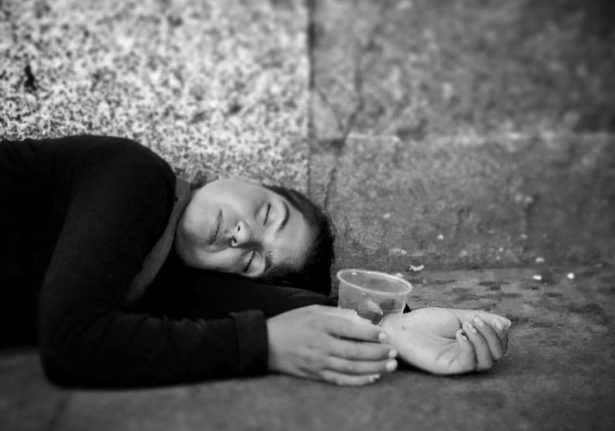The operation involved some 200 police officers who swooped into camps in the working-class districts of Aubervilliers, Stains and Saint-Denis, officials said.
Three others linked to the network were arrested in Romania, officials said.
The raids came after a probe by the children's protection wing of the police service, launched last year, said minors were being "ill-treated and forced to beg" under the threat of violence.
Officials said dozens of cellphones stolen from passengers on underground trains were recovered in the camps. A police official said the network accounted for "75% of pickpocketings on the Paris metro."
It was also connected to a money-laundering racket in Romania.
The French government is trying to get an estimated 15,000 Roma living in makeshift, often illegal camps to return to their countries of origin, mainly Romania and Bulgaria.
The policy of closing migrant camps and repatriating the Roma with a €300 incentive has been widely criticised. Critics have said the Roma will use the money Paris will give them to buy bus tickets back to France.
UN High Commissioner for Human Rights Navi Pillay recently expressed concern over France's forced closures of Roma camps.
Romania, one of the two poorest countries in the European Union, has the biggest Roma minority in Europe: 620,000 according to the latest official census; more than two million according to local rights groups.






 Please whitelist us to continue reading.
Please whitelist us to continue reading.
Member comments